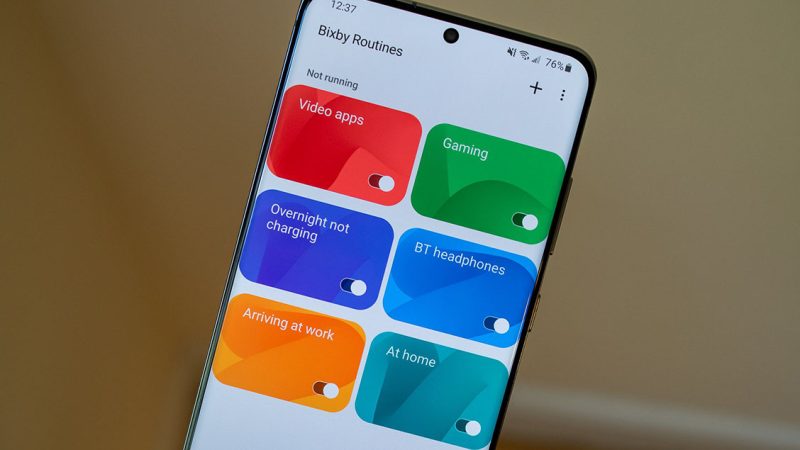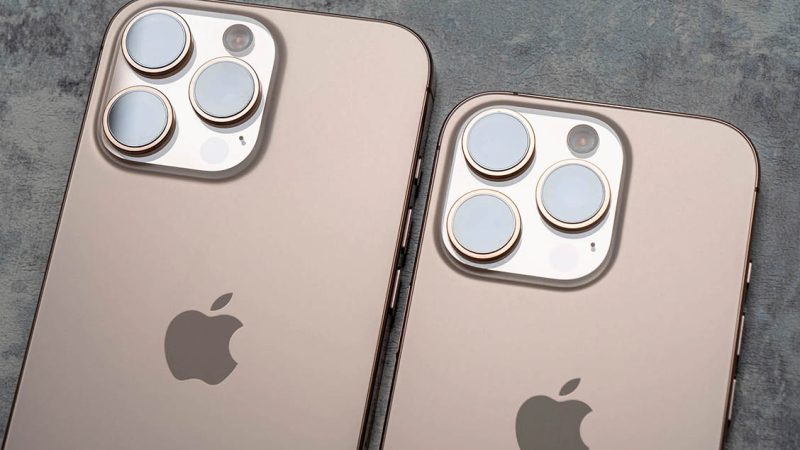Smartphones Might Affect Sleep—But Not Because of Blue Light
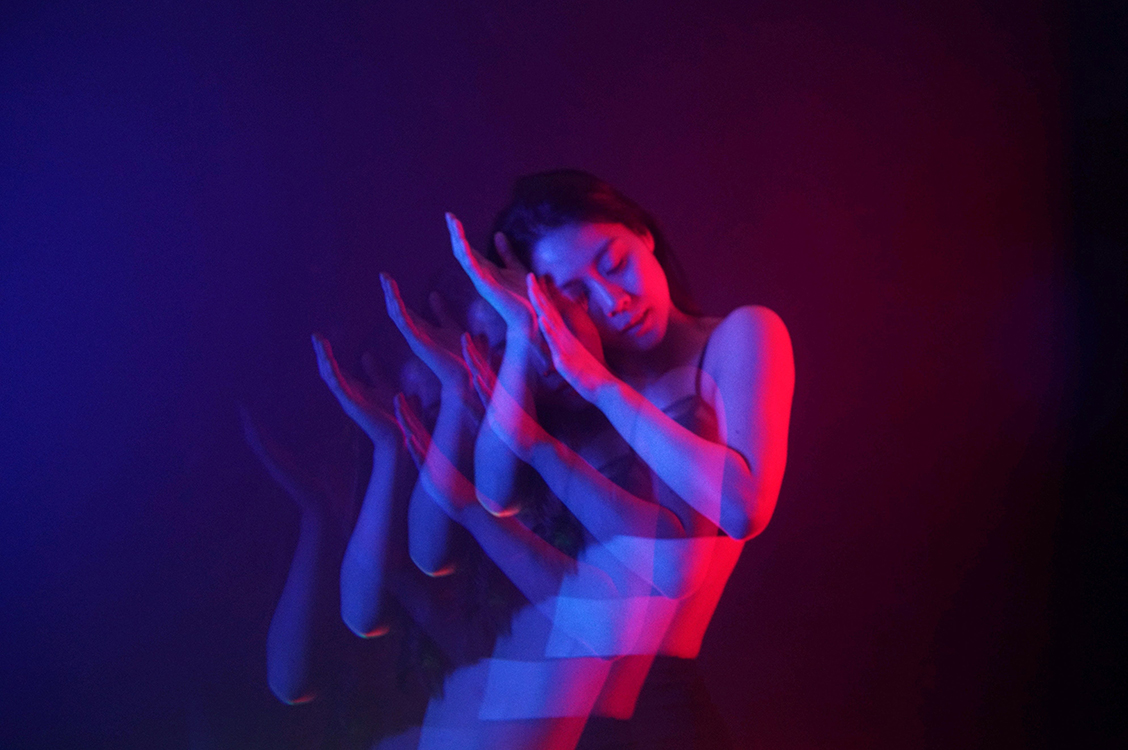
With the increasing use of smartphones, more and more people have become aware of the potential impacts these devices have on our health, particularly on sleep. When discussing the relationship between smartphones and sleep, the term “blue light” frequently comes up. Blue light is a type of light emitted by smartphone, tablet, and computer screens, and many believe it disrupts sleep, especially when used at night. The “blue light panic” became a hot topic, and many people began purchasing blue light-blocking glasses or using blue light filters to protect their eyes and prevent sleep disturbances. However, I would like to suggest that the impact smartphones have on sleep is not entirely due to blue light. Today, let’s dive deeper into this issue and explore what truly affects our sleep and how we can respond to these problems scientifically.
Blue Light Panic: Is It an Overreaction?
The concept of “blue light fear” has deeply rooted itself in many people’s minds, especially in discussions about sleep quality. Many believe blue light is the primary culprit behind insomnia. We know that blue light has a short wavelength and high energy, and it is widely found on smartphone, tablet, computer, and TV screens. Early research indicated that blue light could interfere with the secretion of melatonin, a hormone that regulates our biological clock and sleep.
However, is this truly the case? In recent years, more and more research has pointed out that the effect of blue light on sleep is not as significant as we once thought. In fact, blue light might not directly cause sleep problems at all. Blue light became a focal point mainly because it has a more significant impact on melatonin secretion compared to other types of light. But that doesn’t mean it is the only factor, or the root cause of sleep issues.
Cause and Effect or Just Correlation?
When discussing the impact of blue light on sleep, many times, we confuse correlation with causality. Let’s clear this up first.
Causality implies that blue light directly causes sleep problems; correlation simply means that blue light and sleep problems are related, but one does not necessarily cause the other. According to the latest research, while blue light may have some impact on sleep, what’s more important is how and when we use smartphones.
For example, if you are using your phone an hour before bed, the strong light exposure itself can affect your biological clock, delaying the onset of sleep. This is because light—whether blue light or other types—can impact melatonin secretion, thus disrupting your sleep cycle. So, rather than worrying excessively about blue light, we should focus on how much time we spend interacting with our devices before bed.
Do Blue Light Glasses or Filters Help?
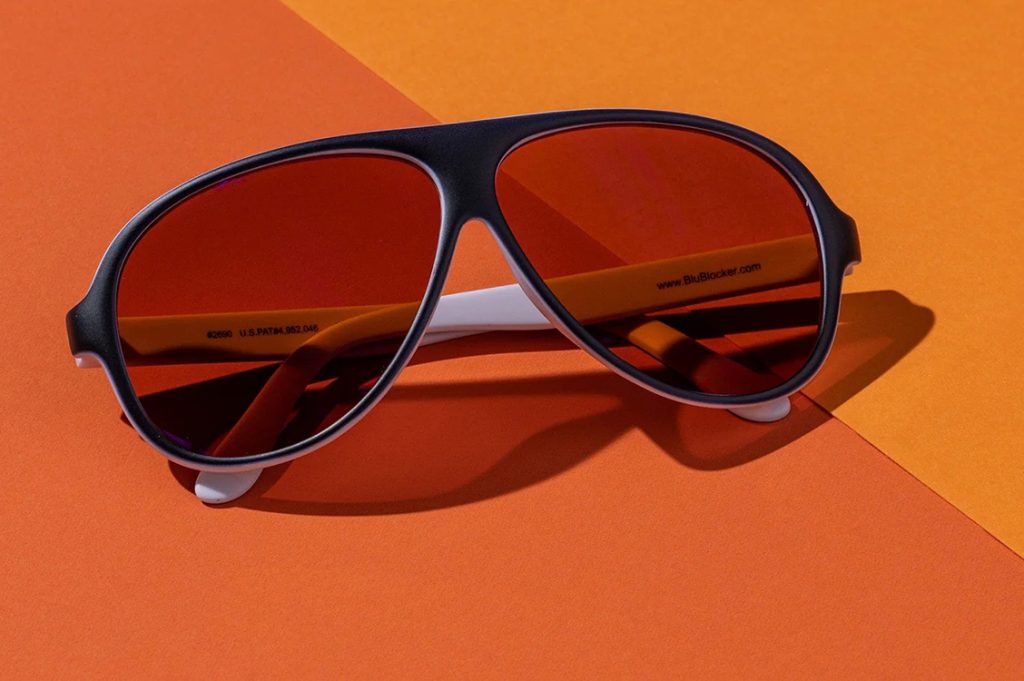
With the rise of blue light panic, a wide variety of blue light-blocking glasses, screen protectors, and filters have flooded the market. These products claim to block the blue light emitted from electronic screens, thus helping us reduce eye strain and improve sleep quality. But do these products actually help?
In fact, some blue light glasses and screen protectors do effectively reduce the intensity of blue light, which can help alleviate eye strain. For those who spend long hours in front of a screen, wearing blue light-blocking glasses can provide comfort and reduce discomfort in the eyes. This is especially beneficial for those who already experience eye fatigue.
However, when it comes to improving sleep, the effects of blue light glasses and filters are not as significant. Most studies show that, while they can reduce eye strain, they don’t directly improve sleep quality. The real issue is our habits before bed—such as scrolling through social media or engaging with our phones for too long—these behaviors are the real culprits behind sleep problems.
Turning Off the Lights: The Key to Better Sleep
So, what can we do to improve our sleep quality? Actually, one of the simplest and most effective solutions is to simply “turn off the lights”. Shutting off lights, especially at night, creates a quiet and dark environment that helps our brain release melatonin, which in turn promotes sleep.
In addition, reducing the use of electronic devices, especially smartphones and computers, within two hours before bed is key to improving sleep quality. Even though blue light glasses may offer some benefit, the most significant improvement comes from minimizing screen exposure before bedtime. If you can stay away from electronic devices for a while before sleep and create a more relaxing environment, you will find that your sleep onset and quality will improve noticeably.
Overall, while blue light might have some effect on sleep, it is not the sole cause of sleep issues. Other lifestyle habits, particularly how we use electronic devices, are the true factors affecting our sleep. The refore, I recommend that we focus more on how to arrange our sleep schedule and avoid excessive phone or computer use before bed.
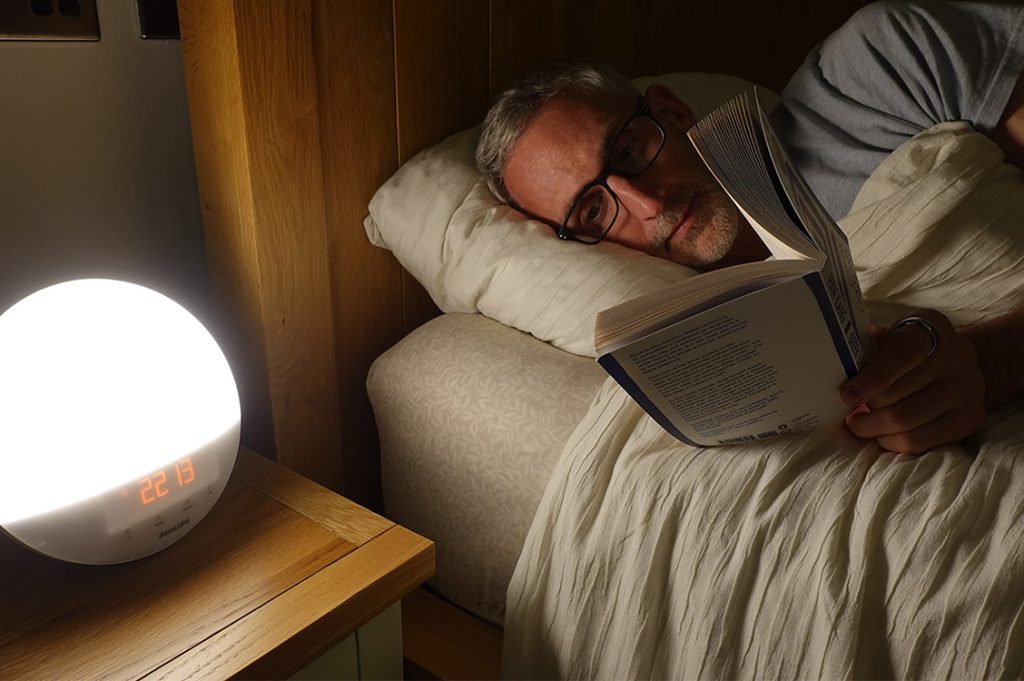
How to Improve Sleep Quality: Two Products I Recommend
- Panda Blue Light Blocking Glasses
These blue light glasses use advanced filtering technology to effectively reduce the amount of blue light emitted from screens. They are perfect for users who spend long hours on their computers or phones, particularly for those who experience eye fatigue. While they may not directly improve sleep quality, they do offer a degree of comfort during extended screen time, helping reduce eye strain. - Philips Sleep and Wake-up Light
This smart light simulates natural light changes, helping regulate your biological clock. It can help you wake up naturally in the morning and provide a soft light in the evening to help you drift off to sleep. Reducing exposure to bright lights before bedtime helps improve sleep quality.
While blue light might impact our sleep, it is not the only factor involved. What truly matters is how we manage our pre-bedtime habits and reduce our exposure to electronic devices. By creating a sleep-friendly environment and adjusting our lifestyle habits, we can effectively improve our sleep quality. I hope this article has helped you find some useful tips for improving your sleep, saying goodbye to insomnia, and welcoming peaceful, restful nights!
